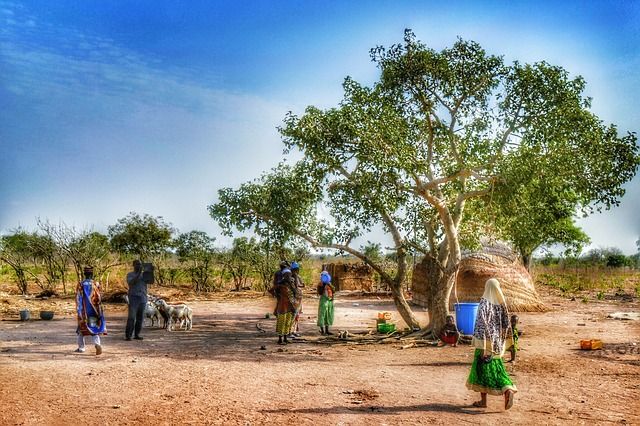Friday news roundup April 26, 2019

French President Emmanuel Macron promised “significant” tax cuts and a return to public order in an address to the French public on Thursday. Macron vowed to “significantly” reduce income tax for France’s workers, but also defended his controversial decision to scrap a wealth tax early in his presidency. He explained the wealth tax cut “was a reform to stimulate production, not a present for the rich”; it is to be reviewed in 2020. Macron made the announcements as part of a series of reforms drawn up after a listening exercise called the Great National Debate, which was launched in response to the “yellow vest” protests— weekly protests against growing social inequality in the country—that have occurred in France over the last six months. Macron recognized that the yellow vest movement had led to many in France feeling “anger and impatience for change” and praised its “just demands.” However, he stressed that “[t]he transformations that are in progress and the transformations that are essential for our country should not be stopped.”
Vaccines are to be delivered by drone in Ghana. In what will be the world’s largest drone medical delivery service, up to 600 drone flights will be made each day, delivering vaccines, blood supplies, and medicines to 2,000 health centers in remote areas of Ghana. Designed by California-based robotics company, Zipline, the service will operate out of four hubs, each hosting 30 drones. A health center can request supplies via text message, with packaging and delivery taking an average of 30 minutes. Inaugurating the service, President Nana Akufo-Addo said: “No one in Ghana should die because they can’t access the medicine they need in an emergency.” The Ghanaian government has granted Zipline $12m (£9.5 million) to run the project for four years. Critics feel the money would be better spent on improving current health facilities, including clinics and ambulances.
The use of food banks reached a record high in the UK. New data published by the Trussell Trust, the UK’s largest food bank provider, show that the number of emergency supplies distributed across the country has risen by nearly a fifth in just 12 months. More than 1.5 million three-day emergency food supplies were distributed in the year to March 2019—a 19% rise on the same period in 2018, with more than half a million being distributed to children. With the number of young people living in absolute poverty having increased by 200,000 in a year, the figures fuel concerns of rising child poverty in the UK. The Trussell Trust believe the UK government’s welfare reform, Universal Credit, is a “key driver” of the increase in food bank usage, due to people having to wait five weeks for a first payment under the new system. The trust urges ministers to scrap the waiting period.
UN Secretary-General António Guterres announced that he will convene a Climate Action Summit in New York on September 23. The summit, together with four other summit meetings during the High-Level week of the UN General Assembly in September, will set the course for full implementation of the Paris Agreement and the Sustainable Development Goals. In his speech at the opening ceremony of the Belt and Road Forum for International Cooperation in Beijing, Guterres said leaders “absolutely need to come together and achieve two central objectives: first, a quantum leap in the mobilization of resources available for the developing world to implement the Sustainable Development Goals; and second, the capacity to stop runaway climate change.” Guterres stressed the need to “reimagine and rebuild our world in a way that works for everyone, brings women into the leadership of the economy of the future and expands the opportunities for young people.”
Read IZA World of Labor articles on Inequality and the Environment.